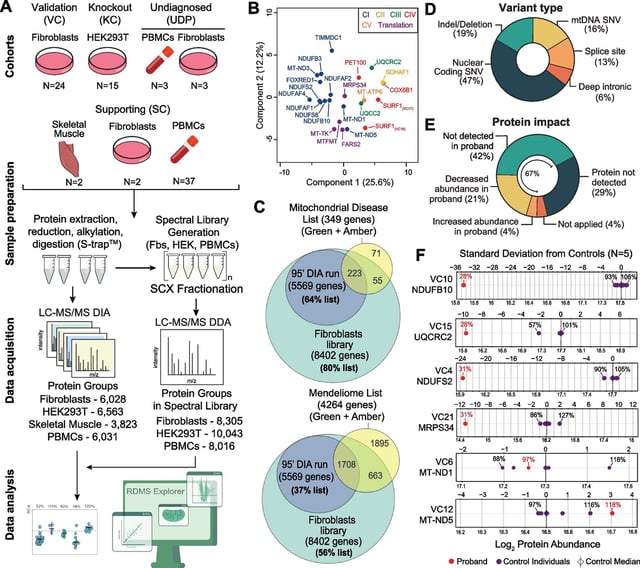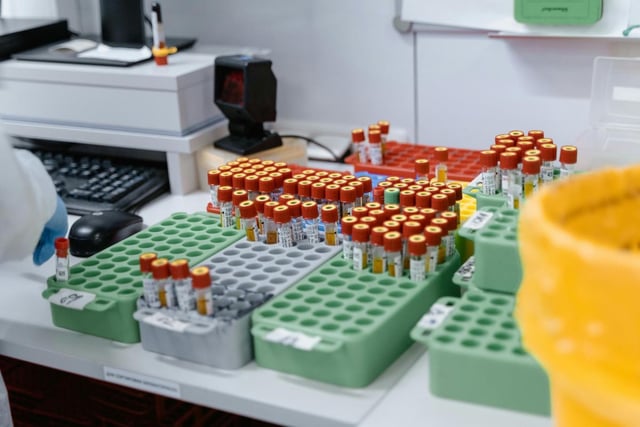Overview
- The test, developed by researchers at the University of Melbourne, analyzes over 8,000 proteins to diagnose thousands of rare genetic diseases in infants and children.
- It provides functional evidence for genetic variants, aiding in the diagnosis of cases where DNA sequencing results are inconclusive.
- The minimally invasive test requires only 1 milliliter of blood and can deliver results in less than three days, making it particularly valuable for urgent cases.
- Trio analysis, which includes testing parents' blood samples, improves differentiation between carriers and affected individuals in recessive conditions.
- The test has the potential to replace multiple functional tests, reducing diagnostic time, healthcare costs, and the need for invasive procedures.


